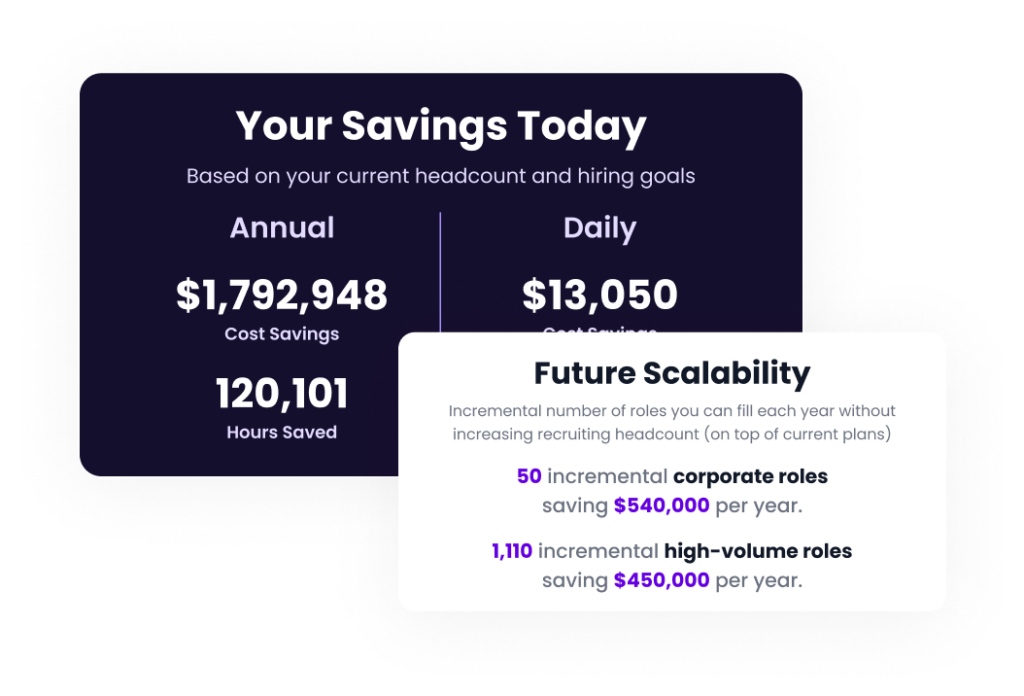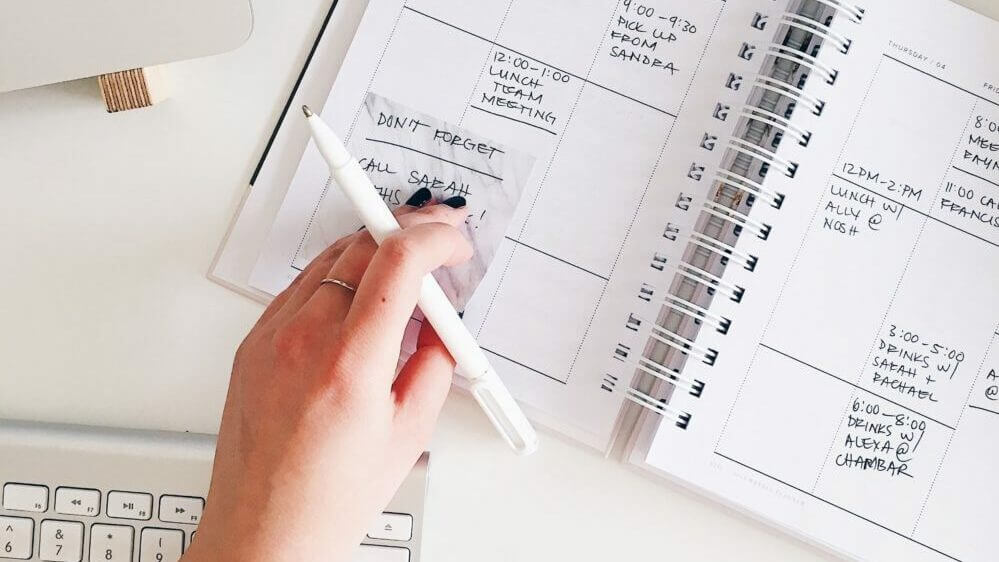In the world of busy schedules and dynamic workflows, maintaining an up-to-date calendar is more than just a routine task – it’s a key aspect of effective calendar hygiene. Ensuring that your calendar accurately reflects your availability and commitments is fundamental to successful interview scheduling and efficient time management. Let’s delve into the importance of keeping your calendar updated and explore practical steps to achieve optimal calendar hygiene.
But first…
What’s Calendar Hygiene?
Calendar hygiene is just the habit of keeping your calendar organized and accurate. This ensures it accurately reflects your true availability. Not doing so means other people or software reading your calendar won’t know your availability well. This results in interviews needing to be rescheduled, further increasing your company’s time-to-hire.
Your calendar serves as a digital representation of your time and commitments. When it’s accurate and current, it becomes a reliable tool for scheduling interviews, meetings, and other activities. Calendar hygiene is essential because:
- Minimizes Scheduling Conflicts: An updated calendar helps you avoid double bookings and conflicting commitments that could lead to rescheduled interviews.
- Enhances Efficiency: When colleagues and recruiters can rely on your calendar’s accuracy, they can seamlessly schedule interviews without unnecessary back-and-forths.
- Improves Candidate Experience: Consistently maintaining your calendar demonstrates professionalism and respect for candidates’ time, leaving a positive impression.
So, how can you make sure you’re not the bottleneck in your company’s hiring process? Here are four tips and tricks to maintain calendar hygiene so you can maximize your time.
Does interview scheduling automation make sense for my team?
ROI is key. This is not a time to invest in software that won’t bring you immediate value. So let’s eliminate the guesswork with our free ROI calculator.

1. Keep Your Calendar Updated
First and foremost, make sure your calendar is up to date. This includes adding travel buffers for customer visits (or if you’re going out for a bite to eat), removing canceled meetings from your calendar, and ensuring that all meetings with coworkers are reflected on your calendar.
Additionally, make sure you RSVP to your invites right away so other people know if you are attending. Making it a habit to reply to all meeting invites as soon as you receive them will ensure you don’t miss important meetings.
2. Set Company Keywords
If your company uses interview scheduling software, you have the added benefit of leveraging company keywords. This means that the recruiting coordinator (or whoever is scheduling the interview) doesn’t have to guess if a calendar event is a hard or soft conflict.
Soft conflicts are events such as happy hours, office hours, calendar “holds” that you’ve set, and more. Hard conflicts are anything that can’t be scheduled over, such as PTO or travel buffers.
By setting up company keywords in Hire, the system will automatically recognize these events and either offer them as potential interview times for soft conflicts or avoid scheduling over them for hard conflicts. This greatly increases likely interview slots, which helps get top talent in the door faster. That’s a win-win.
3. Make PTO/OOO Events Clear
Every company and team seems to handle PTO/OOO differently, which can feel confusing. This confusion can make scheduling interviews difficult.
This is especially true when many people, usually managers, are invited to the PTO/OOO event, making it hard to tell who’s actually out of the office.
As a general rule of thumb, your team should have a separate PTO calendar so everyone can see who’s out of the office. In the title of the event, you should write your name. This decreases the possibility of confusion, even if you (or others) invite individuals to the PTO event.
4. All-day Events
All-day events are tricky simply for the fact that there are many different kinds of them.
An all-day event can just be an event title, like “John’s Work Anniversary,” or it could be an actual conflict, like “John in Mexico.” Because of this, it’s essential to make sure that you and the other interviewers on your team follow the same naming protocols when it comes to all-day events.
When using an interview scheduling tool, the platform will likely try its best to understand if you’re available for the interview based on the words used in the event title, but it’s always just better to follow company keywords and mark yourself free or busy.
Overall, if you want to make an impact on your recruitment efforts, leveraging a scheduling platform is the way to go. The tool will help eliminate manual work (to save your team major time and money) and maximize your team’s interview availability so you can interview the best candidate before your competition.
First master calendar hygiene, then the rest of the candidate experience
Remember, calendar hygiene is an ongoing practice. By implementing these steps, you contribute to a smoother interview scheduling process, enhance collaboration, and make the most of your valuable time.
Keeping your calendar updated is more than just a routine task – it’s a strategic approach to effective time management and successful interview scheduling. By maintaining an accurate and up-to-date calendar, you create a foundation of reliability and professionalism that benefits both you and those you collaborate with. The effort you invest in calendar hygiene pays off in smoother operations, improved candidate experience, and enhanced productivity.
Time’s up for interviews full of scheduling headaches. It’s time for candidate-centered, connection-driven interviews instead.
To read more about how to make that happen for your team, download 5 Steps to Hiring Top Talent at Scale.




